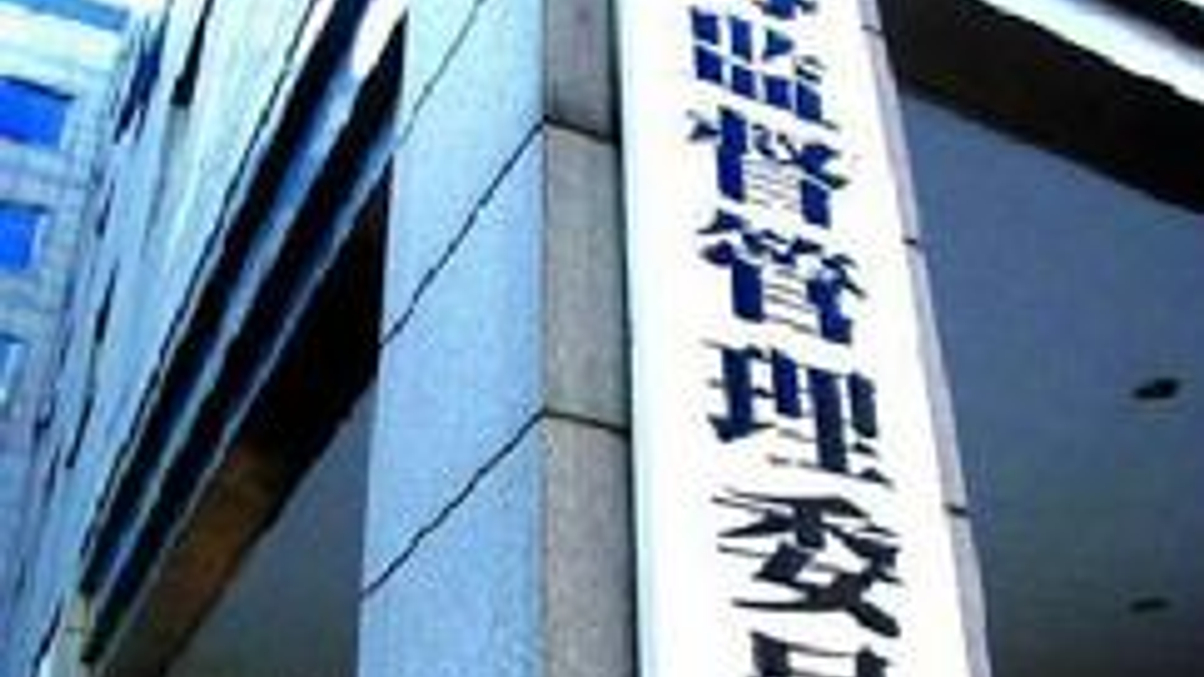CSRC embarks on restructure
The China Securities Regulatory Commission has merged eight departments and added four in response to the swift development of the country's capital markets and funds industry.

China’s securities regulator announced a long-expected restructuring on Friday, which will entail the creation of four new departments and the merger of eight existing ones into four.
Sign in to read on!
Registered users get 2 free articles in 30 days.
Subscribers have full unlimited access to AsianInvestor
Not signed up? New users get 2 free articles per month, plus a 7-day unlimited free trial.
¬ Haymarket Media Limited. All rights reserved.


